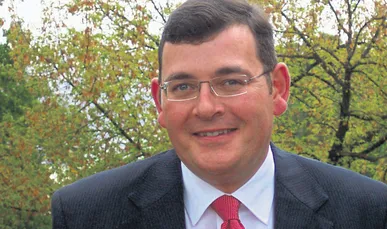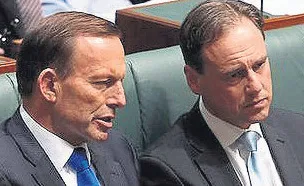
Australia: faith under attack in schools
In 2014, thousands of schoolchildren across the Australian State of Victoria received Christian religious education provided by the Access Ministries organisation. However, this particular ministry is under severe pressure due to the activities of very influential lobby groups consisting of parents and social activists.
The first school in Victoria had its curriculum set as early as 1840. That curriculum embedded religious instruction among the broader range of subjects, at a time when such integration of faith instruction with secular subjects was widely accepted. In order to build a sense of unity in the crucial area of the educational formation of young Australians, the Joint Council for Religious Instruction in State Schools was established in 1920. It was the forerunner of today’s Access Ministries.

Australia: most liveable for whom?
The Australian city of Melbourne has recently been voted as the world’s most liveable city for the fourth year in a row. The Economist Intelligence Unit’s annual liveability survey had Melbourne leading the top ten cities, which also included Vienna, Vancouver, Toronto, Adelaide, Calgary, Sydney, Helsinki, Perth and Auckland.
Indeed, Melbourne is certainly an easy city to live in from a material perspective according to the survey’s criteria: healthcare, education, stability, culture and environment and infrastructure. In matters of Christian faith, however, there are a number of challenges which are not considered by the liveability survey.

Australia: countering local terror?
In recent weeks in Australia – and indeed in
neighbouring Southeast Asian countries –
the news has been dominated by events in
the Middle East and the danger from local
terror groups.
The conservative government in Australia
led by Tony Abbott has introduced two bills
before Parliament
to counter a potential
threat from local Islamist radicals. Among its
northerly neighbours, much discussion
about similar legislation has been undertaken by
Indonesian authorities. Malaysian
authorities have made several arrests at Kuala
Lumpur International Airport of Muslim
citizens suspected of departing to join the
Islamic State in Syria and Iraq.